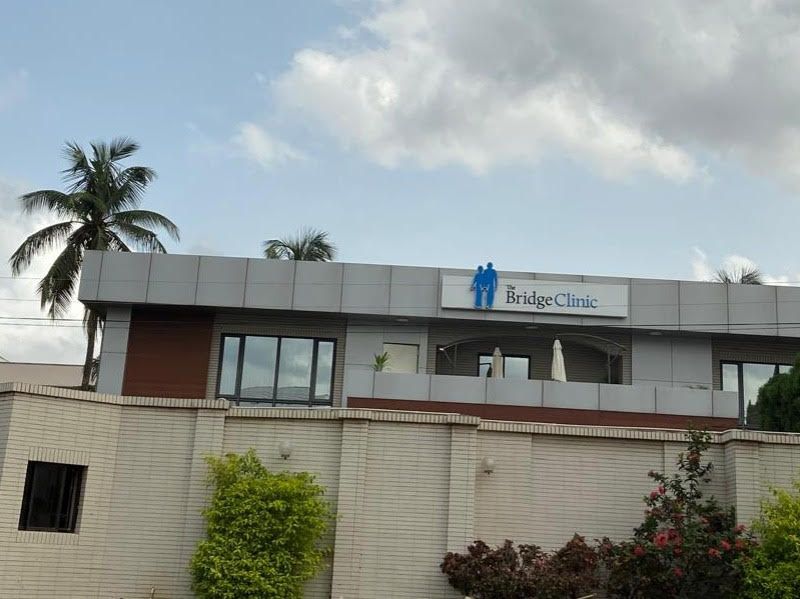There is a popular short story: Boy meets girl. They fall in love, get married and live happily ever after. In the African context, boy and girl have plenty of babies, in fact, 9 months later, relatives intend to come visiting to look after the newborns they hope will be present.
When this sequence is disrupted, all sorts of interventions are offered by friends and strangers alike. Considering that infertility affects 10-30% of couples in Nigeria, this is a lot of distressed people.
After a couple has unprotected sexual intercourse at least thrice a week for one year, they fit the definition of infertility and would need to speak with a fertility specialist.
As part of the fertility workup, both the male and female partners must be evaluated because, though the woman is looked at as the most likely problem in these climes, either party could have an issue. Regardless of who it is, it should be viewed as a problem of the couple.
Prevention of female infertility may seem expensive, when doing the right things are considered. However, management of infertility is more expensive – financially and emotionally. The average couple requires up to $3000 for one IVF treatment cycle.
About 30% of infertility is due to male problems, 30% female, and 30% both.
Causes of female infertility are numerous including:
1. Ovulation problems: Anything that prevents the regular release of an egg from the ovary.
Polycystic ovary syndrome (PCOS) is a common culprit which is not preventable but can be managed with a healthy diet, exercise, maintaining a healthy weight and occasionally, supplements. Some women benefit from inducing ovulation with medication followed by timed sexual intercourse, while others may require IVF treatment.
Premature ovarian failure occurs when a woman runs out of eggs before the age of 40. This is not preventable unless the cause is known. If inherited, it progresses. It may be acquired via exposure to certain levels of radiation, chemotherapy, or other toxins. Speak with a fertility specialist about fertility preservation prior to cancer treatment so options can be outlined.
Hormones play a key role in the menstrual cycle. Some include thyroid hormones, prolactin and follicle-stimulating hormone (FSH). Abnormal levels can cause not only ovulation problems but also egg maturity problems and implantation of a fertilised egg (embryo). An endocrinologist is the best doctor to deal with hormonal problems.
2. Tubal factor is the commonest cause of infertility in Nigeria. It occurs when one or both fallopian tubes are blocked which means the sperm cannot reach the egg to fertilize it. Causes include previous abdominal/pelvic surgery, infections in the pelvis including PIDs (commonly caused by STDs) and pelvic tuberculosis.
STDs are preventable by safe sex practices. Childbirth must be attended to by qualified health workers to minimize complications. Once a pregnancy test is positive, visit your gynaecologist. An ectopic pregnancy is best ruled out around 6 weeks. That diagnosis could mean the loss of a tube via surgery, but left unchecked, loss of life could occur. Where the fallopian tubes have been tied, getting pregnant will require a discussion with your fertility doctor.
3. Problems affecting the uterus/cervix: The incidence of fibroids is highest in black women. Other benign tumours like polyps may occur. They are not preventable but are managed by surgery. Following surgery, scar tissue may develop which could prevent the implantation of embryos.
Douching with various substances to get rid of fibroids is not only dangerous but a waste of precious time. Douching agents could be caustic, leading to narrowing of the cervix, which may obstruct the movement of sperm into the uterus in severe cases.
Some women are born with an abnormally shaped uterus making getting pregnant or carrying it to term difficult. Some abnormalities can be corrected surgically, some need a surrogate.
4. Endometriosis: When tissue that normally lines the womb grows outside of your womb. Sadly, it cannot be prevented; the recommendation is to see a fertility specialist.
5. Drugs and medicines: Chemotherapy, antipsychotics, illegal drugs can all lead to fertility challenges. Smoking needs to stop, as well as alcohol in excess.
6. Unexplained causes are less common and best handled by the fertility doctor and most likely require IVF. Even though some causes of female infertility may seem unavoidable, help must be sought early, from the right place, and from trusted fertility specialists. Our free attendance forums are a great opportunity to speak to our fertility specialists and counsellors about overcoming conception challenges.
By Dr. Tambari Femi-Oluwole, Fertility Specialist
At Bridge Clinic, they prioritise the uniqueness of each and every patient. Hence, employ diverse innovative and compassionate care to ensure you achieve your dream outcome of conception.
With over 3,000 babies brought to the world, and branches in Abuja, Lagos and Port Harcourt, they adopt international standards and innovative practices to ensure patients make informed decisions regarding their fertility journey.
For more information, visit their website to book a free virtual consultation with a specialist or send them a message on WhatsApp. For further support, call them at 2016310092.
Visit any of their facilities:
Choose the Bridge Clinic, Where Patient Care Meets Innovation










Comments